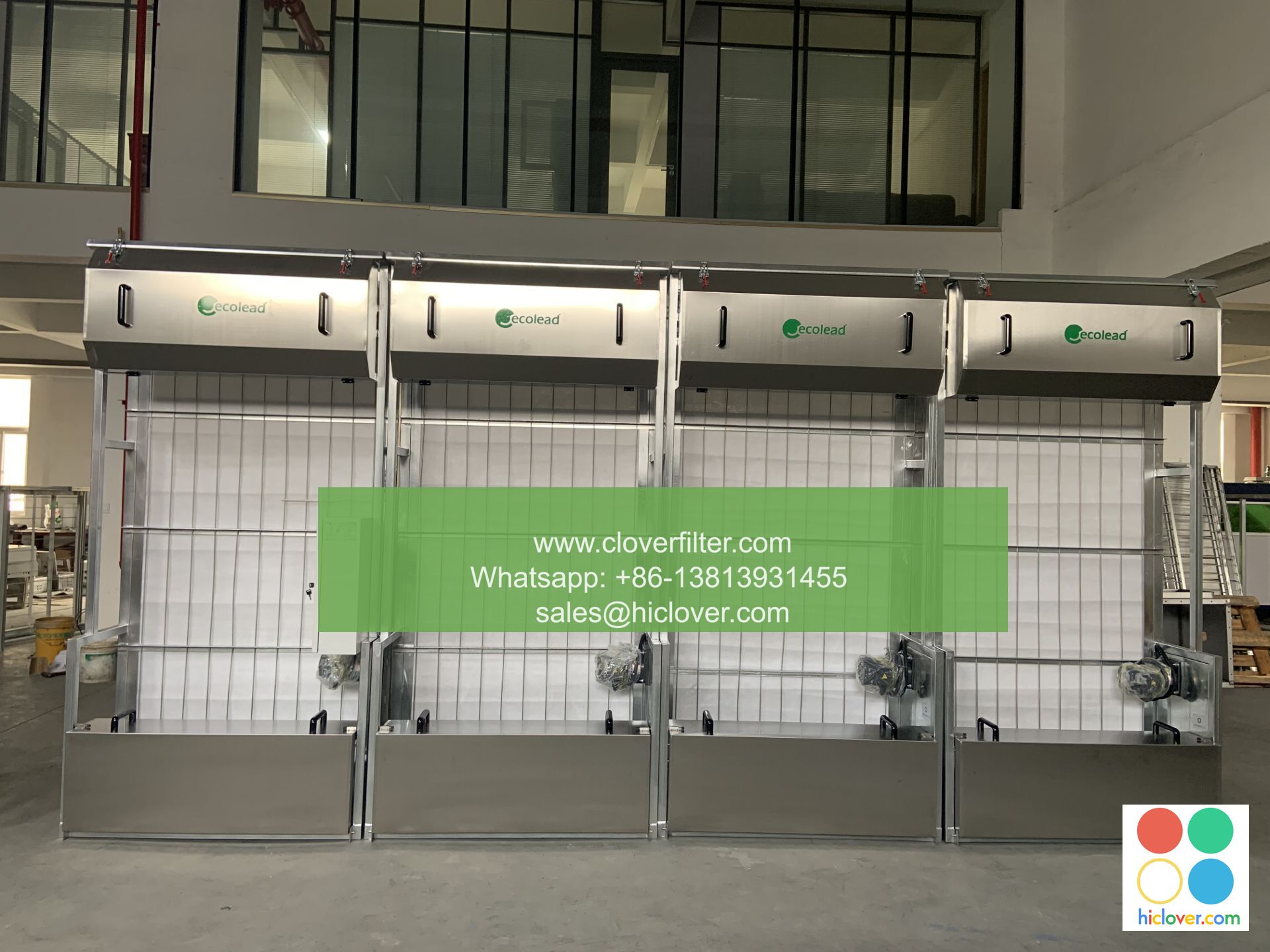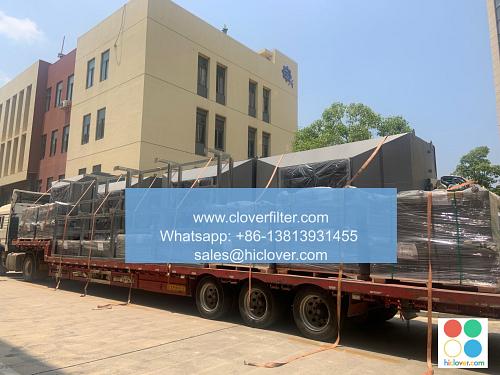Clean Air, Clean Cheese: The Role of Air Filtration in Cheese Production

The production of cheese is a complex process that requires careful attention to detail, particularly when it comes to maintaining a clean and hygienic environment. One crucial aspect of this is air filtration, which plays a vital role in ensuring the quality and safety of the final product. In this article, we will explore the importance of air purification in cheese production, highlighting various application areas and the benefits of using high-efficiency air filters.
The Impact of Air Quality on Cheese Production
Cheese production involves a series of sensitive processes, including pasteurization, fermentation, and aging. Each of these stages requires a controlled environment to prevent contamination and ensure the growth of beneficial microorganisms. Poor indoor air quality can have a significant impact on the quality of the cheese, leading to issues such as:
* Contamination: The presence of airborne bacteria, mold, and yeast can contaminate the cheese, leading to off-flavors and reduced shelf life.
* Odor control: Strong odors can transfer to the cheese, affecting its flavor and aroma.
* Moisture control: Excessive moisture in the air can lead to the growth of mold and bacteria, compromising the cheese’s texture and quality.
The Benefits of Air Filtration in Cheese Production
The use of air filtration systems can significantly improve the quality and safety of cheese production. By removing airborne contaminants and controlling the indoor air quality, air filtration systems can:
* Prevent contamination: High-efficiency air filters can capture airborne bacteria, mold, and yeast, preventing them from coming into contact with the cheese.
* Control odor: Air filtration systems can remove strong odors and volatile organic compounds (VOCs) from the air, ensuring a neutral flavor and aroma.
* Regulate moisture: By controlling the humidity levels in the production area, air filtration systems can prevent the growth of mold and bacteria, ensuring a consistent texture and quality.
Air filtration systems can be applied in various areas of cheese production, including:
* Cheese aging rooms: Air filtration systems can maintain a controlled environment with optimal temperature, humidity, and air quality, ensuring the development of the desired flavor and texture.
* Pasteurization and fermentation areas: Air filtration systems can prevent contamination and control odor in these sensitive areas, ensuring the quality and safety of the cheese.
* Packaging and storage areas: Air filtration systems can maintain a clean and hygienic environment in these areas, preventing contamination and ensuring the quality of the final product.
Conclusion
In conclusion, air filtration plays a vital role in cheese production, ensuring the quality and safety of the final product. By controlling the indoor air quality and preventing contamination, air filtration systems can help cheese producers maintain a clean and hygienic environment. Whether in cheese aging rooms, pasteurization and fermentation areas, or packaging and storage areas, air filtration systems are an essential component of modern cheese production. By investing in high-efficiency air filters and air purification systems, cheese producers can ensure the production of high-quality, safe, and delicious cheese.

